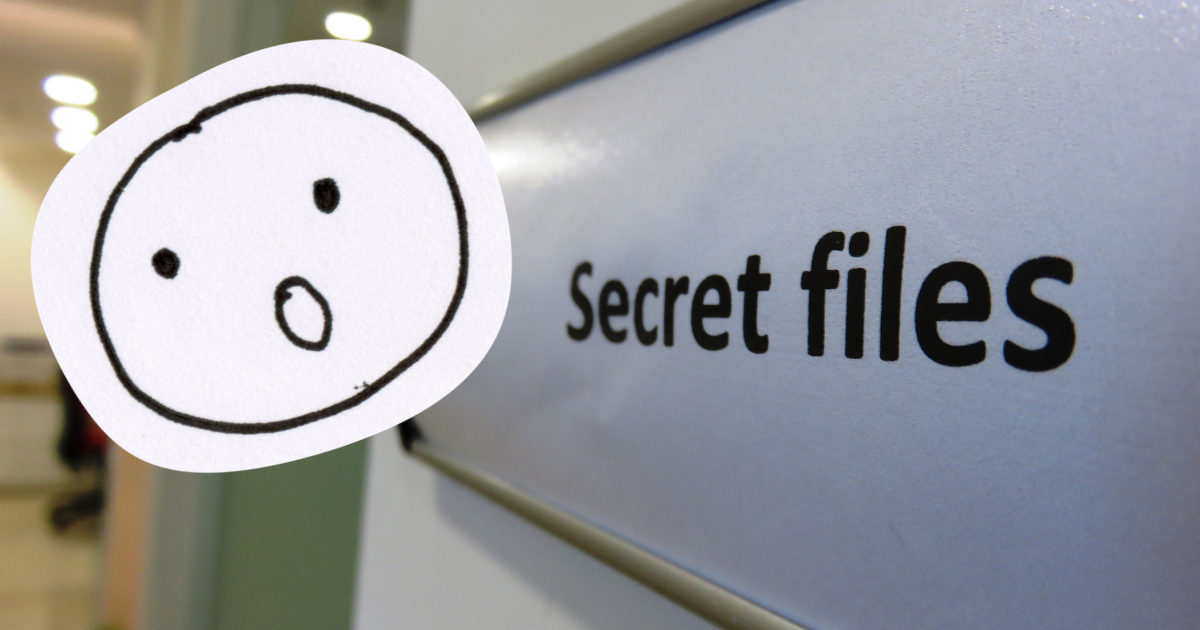Mortuary School Not a Haven For ‘Weird People,’ Students Say
 Inside a stately brick building on a quiet road in suburban Wheeling, the students learn to care for the dead.
Inside a stately brick building on a quiet road in suburban Wheeling, the students learn to care for the dead.
Ranging in age from 19 to 65, they come from across the country to study at Worsham College of Mortuary Science, now in its centennial year.
Despite the subject matter, the school is far from the depressing or macabre place that many imagine.
For these students, the mystery of death is fascinating and even beautiful. At Worsham, they learn the art of restoring a face, the science of embalming a body and the poetry in retelling the story of a life.
“This is not like some secret society of weird people,” said Robert James Jr., 33, a former Navy officer who is studying to be a funeral director. “Our job is to lead people through the grief process. So, you have to have compassion, you have to really care.”
Spurred partly by a struggling economy, enrollment at the nation’s 56 funeral education programs surged to a historical high with 2,857 students enrolling in 2009, according to the American Board of Funeral Service Education.
At Worsham, the nation’s second-oldest mortuary school, there are currently 122 students, the highest enrollment since 2005.
“We often see this in economic downturns,” said Stephanie Kann, program director at Worsham. “People will look in their own field first, then turn to something they always thought about doing.”
One of this year’s students, Tina Osornio, was laid off from her job at a promotional firm in the summer of 2009. “That’s what pushed me to go back to school and pursue my dream of becoming a funeral director,” said Osornio, 27.
However, the path to mortuary school is different for each student, often filled with years of doubt. Some students said they struggled with their decision to pursue a funeral career after facing confusion and disapproval from family and friends.
A Chicago pastry chef closed her chocolate shop to attend Worsham despite disagreements with her father, who was against her working in a funeral home. For a part-time bartender and bagpiper, the turning point came at his father’s wake. And, a 54-year-old retiree from Utah said he felt a calling to the funeral service after seeing a dead man’s injured face transformed.
“By the time, they were finished with him, I knew this was what I wanted to do,” said Steve Schultz, who relocated to Illinois with his wife. “We’re doing something to help families, something they can’t do themselves.”
Worsham is the largest of the state’s four mortuary programs and the only Illinois school that focuses exclusively on mortuary science.
In recent years, more women, African-Americans and Latinos have entered mortuary science programs and begun assuming leadership roles in the funeral profession, diversifying an American business once largely white and male.
A more open attitude about death in society and the media has also contributed to the popularity of funeral programs. This year’s season of the reality television show “The Bachelor” featured a striking female funeral director from California who was looking for love.
Elizabeth Falato, 44, the former pastry chef, said she first started thinking about a career in the funeral profession when she was in high school. Her father was adamantly against it.
Instead, she entered culinary school and earned a pastry certificate. In 2001, she opened Bon Bon pastry shop in Chicago’s Andersonville neighborhood, specializing in handmade chocolates.
“My parents didn’t think the funeral business was the right career for a proper young lady,” she said. “But, I finally decided I had to stop listening to everyone else and do it.”
After closing the chocolate shop, she decided to take the leap.
I just find it fascinating,” Falato said. “And I decided that if I go through this program there are so many areas that I could get into. I could work at the morgue, work at the coroner, be a funeral director. There are so many avenues I could find.”
As a bagpipe player in Rockford, Aaron Kerr, 32, attended dozens of funerals and started thinking about mortuary school. .
Then, after his father died, Kerr witnessed something at the wake that moved him. Several funeral directors who came to pay their respects began weeping and were overcome with grief.
“There are a lot of stereotypes about funeral directors. And, I didn’t want to become numb to death,” Kerr said. “But, these funeral directors at my dad’s wake ? they were crying out loud. I realized it was the opposite. It takes more of a sensitive person than you’d think.”
With more students entering mortuary science programs, schools like Worsham are updating their curriculums to better prepare students for the rapidly changing funeral business.
In response to a sharp increase in cremations, Worsham recently started a crematory operator training program. In addition, the school now includes instruction on green, environmentally friendly burials and web-streaming of funeral services.
For many, the most difficult part of mortuary school is learning the embalming process. Embalming instruction takes place at the Cook County morgue with unclaimed bodies or those of indigent families.
At first, Yolanda Goldman Mitchell, 43, was terrified. But the emotional effect of caring for an unclaimed body was unexpected.
“It’s hard to explain, for me, but it was a beautiful experience,” she said.
James, the former naval officer, said he considers the funeral profession similar to a spiritual ministry. For him, the embalming process makes him appreciate the wonder of life.
“There is a part of me, that every time I see a body, it reminds me that I’m human, ” he said. “It renews me.”



